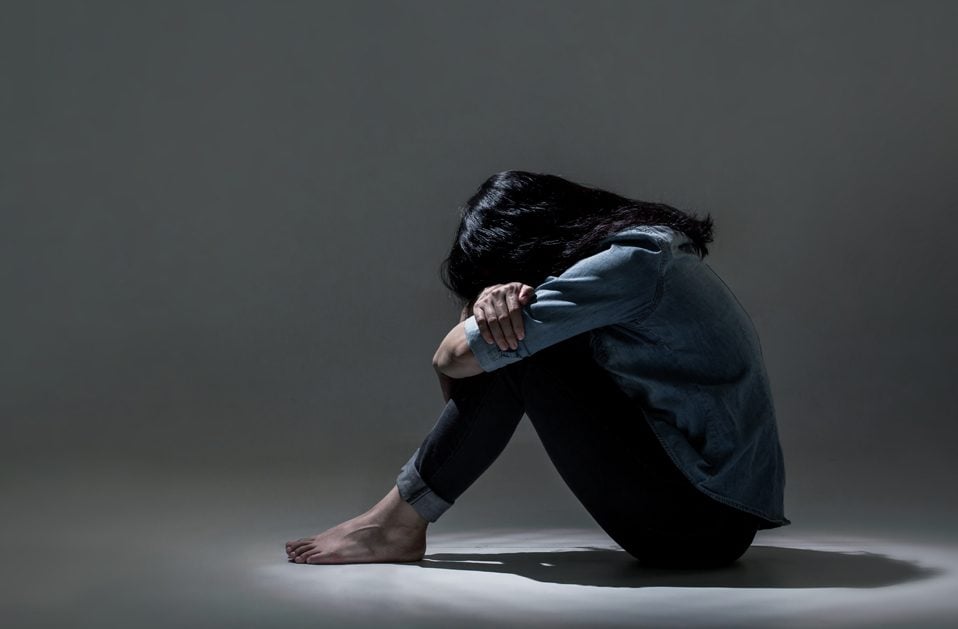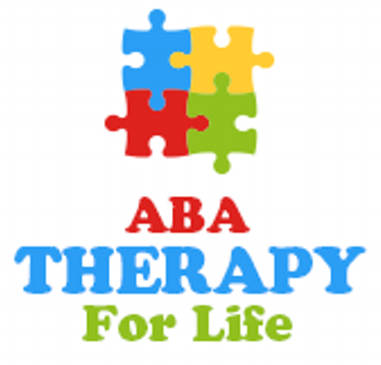Jun 4, 2020 in Therapy
Trauma and Post-Traumatic Stress Disorder (PTSD).
Trauma and Post-Traumatic Stress Disorder (PTSD).
It's your turn now! Let's support each other by clicking "Helpful".
+1

DISCUSS #Relationship
DISCUSS #Parenting
Trauma and Post -Traumatic Stress Disorder (PTSD).
By
Dr Vasilios Silivistris
It is not the event that determines whether something is traumatic to someone, but the individual’s experience of the event.
Trauma is the Greek word (Tρα?μα) for to pierce or to wound. It is a severe emotional shock caused by an extremely upsetting experience that also affects the physiology of the body and the Central Nervous System (C.N.S.).
Trauma
Emotional and psychological trauma is the result of an extraordinarily stressful event that shatter your sense of security, making you feel helpless, hopeless and vulnerable in a very dangerous world.
Traumatic experiences often involve a threat to life and safety, but any situation that leaves you feeling overwhelmed or alone can be traumatic, even if it does not involve physical harm.
Some symptoms associated with trauma are,
Denial.
Numbness, shock and disbelief,
Fatigue, lethargy and apathy,
Anxiety,
Sleep disturbance,
Agoraphobia and social withdrawal,
Addictive behaviour,
Depression,
Flashbacks.
Most people experience a wide range of physical and emotional reactions however, these are NORMAL reactions to ABNORMAL events. These symptoms may last for days, weeks, or even months after the traumatic event.
Symptoms of Post Traumatic Stress Disorder?
If symptoms persist for longer than four weeks, a diagnosis of P.TSD is established, there are four main types of PTSD symptoms that have to be met.
Flashbacks:
Nightmares and intrusive thoughts.
Exaggerated emotional and physical reactions to triggers that remind the person of the trauma.
Emotional numbing:
Feeling detached, negative emotions, and ad hedonism.
Avoidance: Avoiding activities, people, places that remind the person of the trauma.
Increased arousal:
Difficulty sleeping, concentrating, irritability, hyper vigilance (being on guard), and exaggerated startle response.
Treatment. (Psychotherapy)
Because PTSD has so strongly affected the Central Nervous System, treatment often takes longer and progresses more slowly than with any other type of severe anxiety. The most effective way to work is with a specialist in trauma recovery. It is most important to feel comfortable and safe with the psychotherapist so as there is no additional fear or anxiety about the treatment itself.
Psychotherapy may include
relaxation techniques
deep breathing,
muscle relaxation,
positive imagery, meditation, (et cetera).
To conclude, the sooner the trauma is processed the more favourable the outcome will be. On average, clients who have developed PTSD. sometimes require only 10 to 12 sessions however, in some circumstances clients may require more. sessions.








 Thank you for your help!
Thank you for your help!